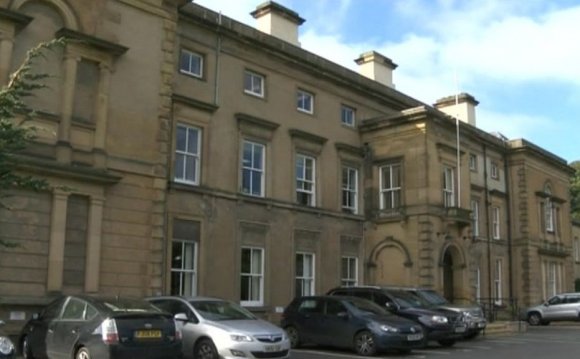
- telephone, 101,
- fax, 01609 789 133, or
- post, to Professional Standards Directorate, North Yorkshire Police, Newby Wiske, Northallerton, North Yorkshire, DL7 9HA.
Complaints
PSD provide the link between North Yorkshire Police and the Independent Police Complaints Commission (IPCC) and ensure that any serious matters are referred to the IPCC as soon as possible.
You can make a complaint if:
- the misconduct you allege has been directed at you,
- you have been adversely affected by the alleged misconduct even if it was not directed at you, or
- you have witnessed alleged misconduct.
In addition, you can make a complaint if you are acting on behalf of any of the above and you have been given written permission by them.
How to make a complaint
There are a number of ways you can make a complaint:
- By post, to Professional Standards Directorate, North Yorkshire Police, Newby Wiske, Northallerton, North Yorkshire, DL7 9HA,
- In person, at any police station,
- To the Independent Police Complaints Commission. (Please note that under the new complaint legislation, the IPCC will take a much smaller role in the processing of complaints and any complaints sent to them will be forwarded automatically to North Yorkshire Police. It will therefore be more efficient to contact North Yorkshire Police directly).
When making your complaint you should include information such as:
- What happened
- When it happened
- Who was involved
- What was said or done
- Were there any witnesses
- Was there any damage or injury caused
This will enable your complaint to be dealt with more efficiently. Please also include your full name, date of birth and full address.
What will happen to your complaint?
Less serious complaints
Following changes to legislation in 2012, your complaint may, at the discretion of the Force, be resolved in a less formal way by means of the Local Resolution process.
Serious complaints
If an informal approach is not applied, or if the complaint raises certain more serious allegations, it must be fully investigated by an experienced investigator. Police forces must notify the most serious complaints to the Independent Police Complaints Commission as soon as they are recorded. The Commission must, by law, supervise certain investigations and, in others, they may choose to supervise.
Supervised cases
The Independent Police Complaints Commission approves the appointment of the investigating officers, decides how the inquiry should be carried out, reads all the statements and sees all the evidence. The final report comes to the Commission which states whether or not it is satisfied with the original investigation.
Unsupervised cases
Where the IPCC do not supervise, the police force will appoint an officer to investigate the complaint. If you are not happy with the result of your complaint.
Complaints - Frequently Asked Questions
Is there a time limit on making a complaint?
There is no time limit on making a complaint, but it is advisable to do so as quickly as possible after the incident/s occurred. If more than 12 months have passed between the incident (or latest incident) occurring and the date when the complaint is made, then the PSD may disapply your complaint without looking into it.
An exception may be made if you can show good reason for the delay in making your complaint, but only if it can be satisfied that this will not cause injustice.
How long will my complaint take to deal with?
There is no limit on the length of an investigation. Any investigation should be proportionate to the nature of the complaint. Once a complaint is assigned to an investigator they should be able to indicate how long the investigation is likely to take.
What to do if you are not happy with the outcome of your complaint
YOU MIGHT ALSO LIKE












